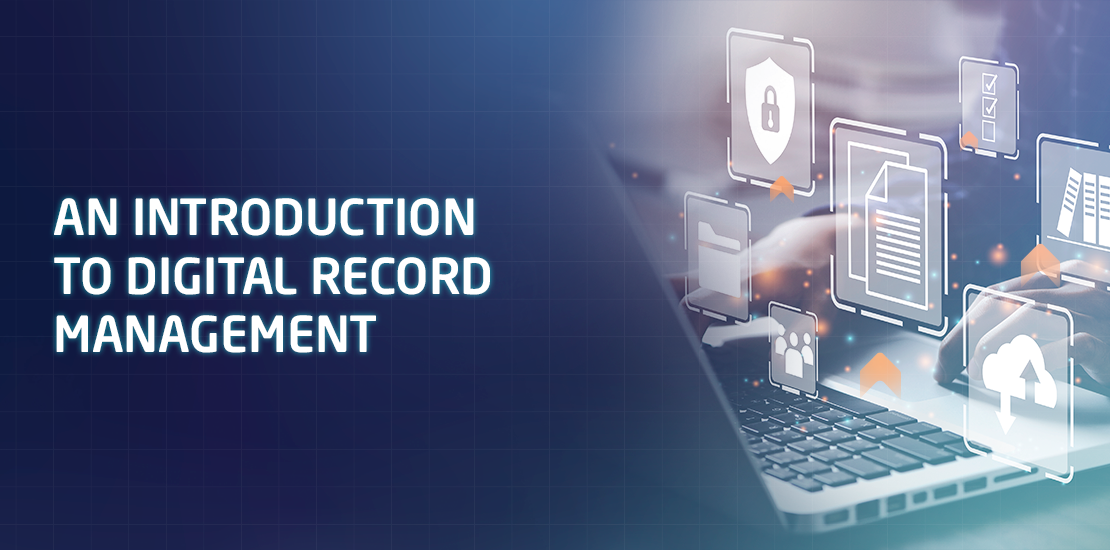
We live in a fast-paced world where efficiency and security must be the priorities of every organisation. Digital records management is one of the ways to achieve this.
Digital Records Management Definition
Digital records management is the practice of managing electronic records throughout their life cycle, from creation to disposal. It involves the use of software tools and systems to capture, store, and retrieve electronic records. Digital records management encompasses various formats, including text documents, images, videos, and audio files.
How Digital Records Management Works
Digital records management involves several processes, including record creation, capture, indexing, storage, retrieval, and disposal. The following are the key steps involved in digital records management:
Record Creation
Digital records are created in different ways, such as through electronic forms, email correspondence, and electronic documents. Record creators must ensure that the records they create are complete, accurate, and authentic.
Record Capture
Once records are created, they must be captured and stored in a digital format. This involves using software tools such as document management systems, content management systems, and electronic records management systems.
Indexing
Indexing involves assigning metadata to records to enable easy retrieval. Metadata includes information such as the record title, author, date created, and keywords.
Storage
Digital records are stored in electronic formats such as databases, file servers, and cloud storage. Storage systems must be secure, reliable, and accessible.
Retrieval
Retrieval involves accessing records when needed. Digital records management systems enable quick and easy retrieval of records through searches based on metadata and keywords.
Disposal: Digital records have a lifecycle and must be disposed of when they are no longer needed. Disposal can be achieved through deletion, archiving, or migration to other systems.
Digital Records Management Benefits
Effective digital records management provides several benefits to organisations, including:
Improved Efficiency
Digital records management systems enable organisations to capture, store, and retrieve records quickly and easily. This improves efficiency by reducing the time and effort required to find information.
Cost Savings
Digital records management reduces the cost of managing paper records, such as storage, filing, and retrieval. It also reduces the risk of lost or misplaced records, which can be costly to replace.
Better Compliance
Digital records management systems help organisations comply with regulatory and legal requirements for recordkeeping. This includes ensuring the authenticity, integrity, and reliability of records.
Improved Collaboration
Digital records management systems enable better collaboration by allowing multiple users to access and work on records simultaneously. This improves communication and teamwork within organisations.
Disaster Recovery
Digital records management systems provide a backup of records, which helps organisations recover from disasters such as fires, floods, and cyber-attacks. This ensures that critical records are not lost or damaged.
Space Savings
Digital records management reduces the amount of physical storage space required for records, which can free up valuable office space.
EDC’s Digital Record Management Service
EDC’s Digital Storage System helps organisations manage electronic records effectively and securely, from record creation, to records retrieval, and disposal.
Request a demo today to learn more about our digital record management service.



